
Since the legalization of recreational cannabis use in multiple states, we are seeing new dispensaries open every day - making cannabis more accessible to Americans who want to reap its benefits. However, how do you know if you’re paying the right price for your bud?
The price of dispensary weed will differ between each dispensary, and many factors determine its cost including, government tax rates, state and municipal laws, geographic location, shipping costs, quality of product, market competition.
We created a small guide so you know what to expect and what prices are fair when purchasing bud from retail vendors.

Weed Dispensary Pricing
Dispensary prices will vary depending on which state you are buying from and the quality of the flower.
Here is the average breakdown:
-
The retail price for a gram of weed will range from $10-15. One gram of bud is approximately 1 or 2 joints, depending on the size.
-
An eighth, which is 3.5 grams, will cost between $30-$40 at the dispensary.
-
A quarter ounce, or 7 grams, will retail at $65-$80 and can roll 14 half-gram joints.
-
An ounce of bud, which equals 28 grams will cost around $200-$350
Here are some other factors that affect the price of dispensary weed:
Weed Prices Throughout Different States
The cannabis market in each state is different, usually, the states who were first to legalize the recreational use of cannabis have the cheapest weed.
This is due to the developed, open, and saturated market.
In the District of Columbia, an ounce of weed retails at $600 whereas, in Oregon, the same amount will go for $200.
Quantity: More is Less
Everyone knows the saying “Less is More,” but that’s not the case with cannabis quantity and price. Usually, the more you buy, the more you’ll save.
Purchasing larger quantities of cannabis will reduce the cost per unit. For example, if you buy an ounce of cannabis, a gram will total at $7-$12, whereas you pay $10-$15 if you choose to buy a gram on its own.
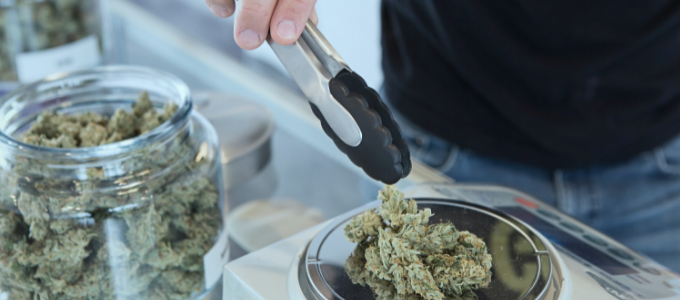
Variety of Strains
Dispensaries offer a wide variety of strains and some strains are of better quality than others.
Furthermore, higher quality strains will cost more due to several factors including:
-
Yield amount (high-quality strains usually have lower yields)
-
Color
-
Trichomes
-
Potency
-
Cannabinoid and terpene levels
Specialty strains like Loud Dream will cost up to $800 an ounce, but strains like Northern Lights and OG Kush, which are widely available and popular, will retail at around $200-$250.
Dispensary Prices vs Street Prices
Dispensary prices for weed are higher than what you would find from the street or local dealer because dispensaries have to cover expenses such as employee wages, rent, and utilities.
It costs money to run a storefront, and to make a profit - dispensaries must mark up the prices of their products.
Additionally, licensing, taxation, and regulation rates related to the sale of marijuana are much higher than those of tobacco and alcohol, making legal cannabis much more expensive than illegal cannabis.
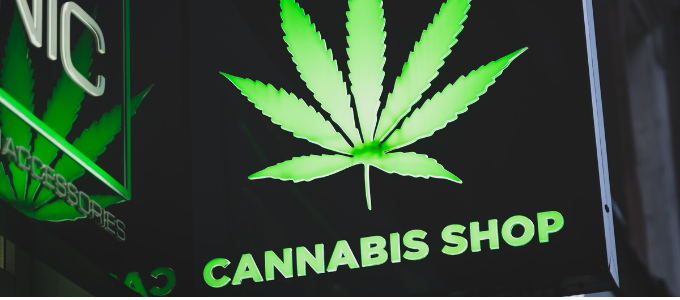
Cannasaver Gives You the Best Prices
Cannasaver is here to make sure you never pay more than you should at a dispensary again!
We’ve teamed up with hundreds of dispensaries to make the best deals in the area accessible to you.
Before heading out to the dispensary, check out our Deals Near You Category for your latest deals.
You can use our search bar to refine your search even more. Type in a specific strain or even your location, and find a whole lot of deals waiting for you.
We update our website frequently, so you’ll always have access to the newest and best deals in the area.
Continue Reading



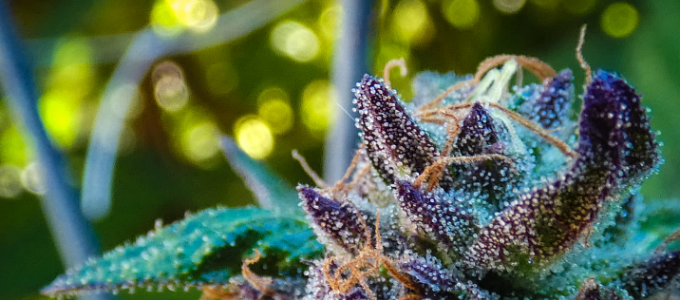
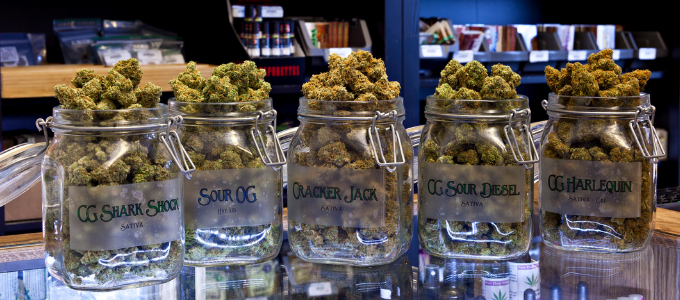
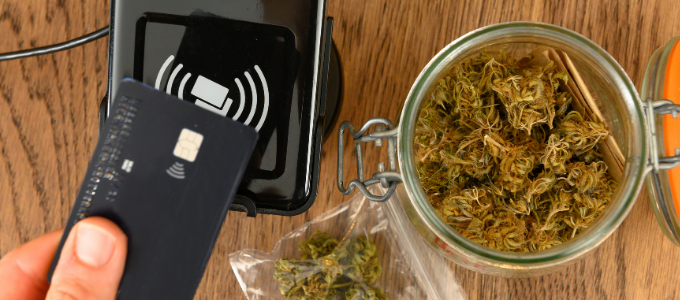
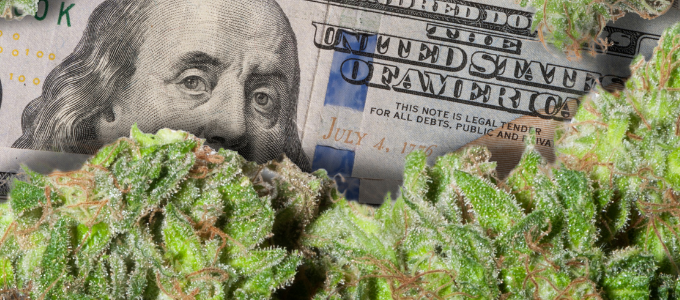
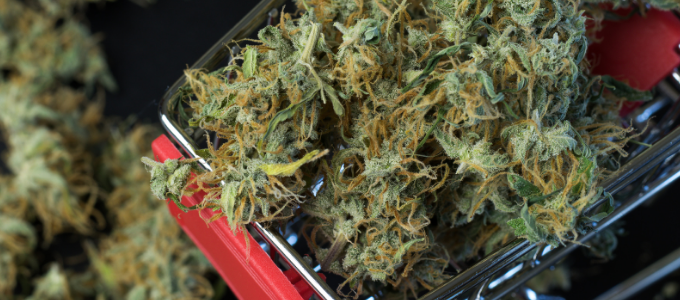
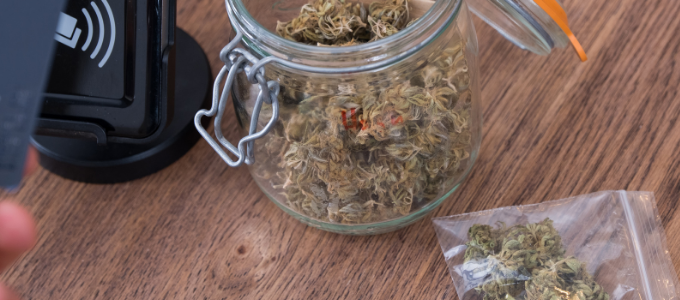


![(1/2 g) Zero G [.85g] (1/2 g) Zero G [.85g]](/rails/active_storage/representations/proxy/eyJfcmFpbHMiOnsiZGF0YSI6MTQ3MzAzMiwicHVyIjoiYmxvYl9pZCJ9fQ==--6aa108c71a60744830614169f600d700aebf033c/eyJfcmFpbHMiOnsiZGF0YSI6eyJmb3JtYXQiOiJqcGciLCJyZXNpemUiOiI0NjIgeCAzMTUiLCJjb252ZXJ0Ijoid2VicCJ9LCJwdXIiOiJ2YXJpYXRpb24ifX0=--4c2b017c858149e948c71bab98eeffb13053e24c/1733321395-430074619_image.png)














